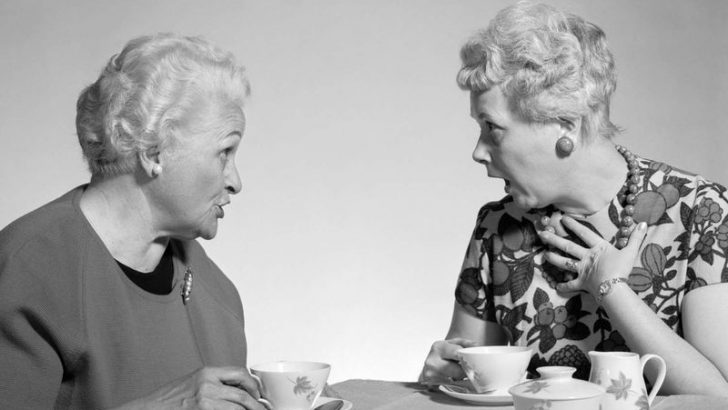The Southern United States is known for its unique culture, hospitality, and especially its colorful language. To outsiders, some Southern phrases might sound like a different language altogether. Here’s a list of 11 expressions that often leave non-Southerners scratching their heads.
1. Bless Your Heart
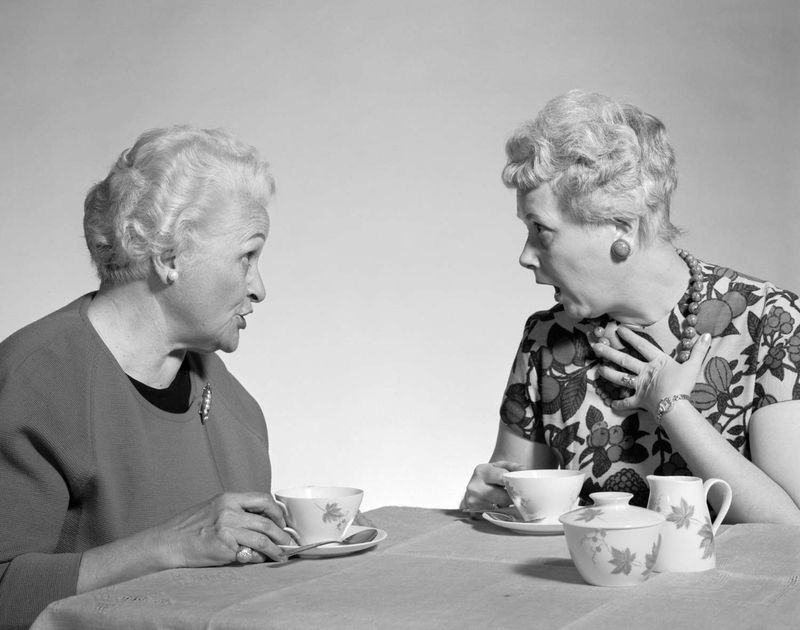
“Bless your heart,” a phrase that sounds sweet at first, is a staple in Southern dialogue. Although it appears kind, it’s often used to express pity or imply that someone isn’t too bright. Imagine a sweet, middle-aged woman with a warm smile saying it to you across her kitchen table.
In the South, tone is everything. A soft, gentle expression can soften the hidden critique. It’s like saying, “Oh, honey, you tried,” without actually using those words.
Yet, Southerners know it’s a subtle art form, blending charm with a touch of condescension.
2. Fixin’ To

In Southern lingo, “fixin’ to” means you’re about to do something. It’s not just a plan but an imminent action, though not always immediate. Picture a young man with a determined look saying, “I’m fixin’ to fix that fence.”
To outsiders, it might sound like something’s broken, but in the South, it’s about intent and readiness. The phrase embodies a laid-back approach to life, where things happen in their own time.
Embrace the slow, deliberate pace of Southern living, where “fixin’ to” allows room for thought and preparation.
3. Hush Your Mouth
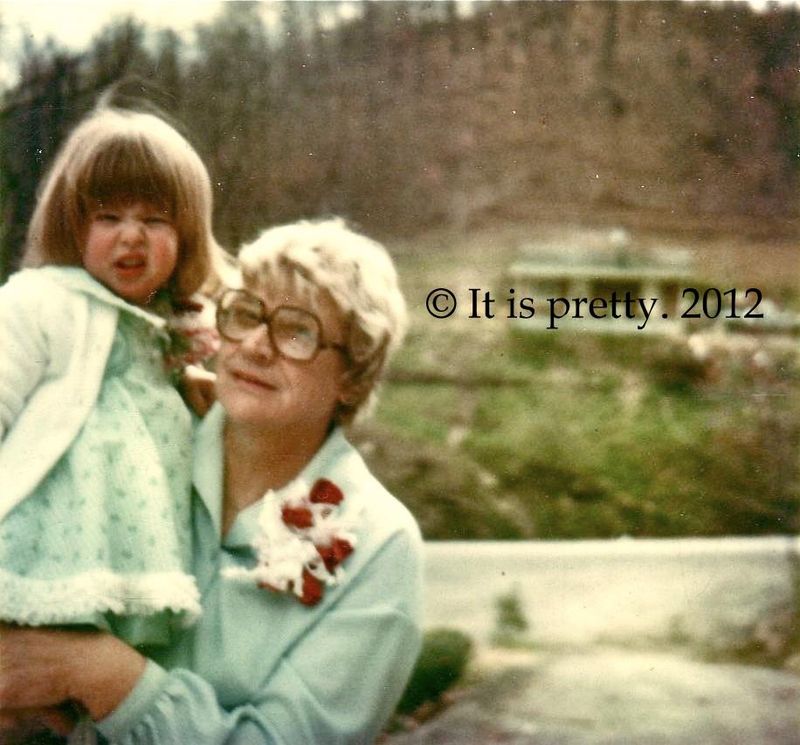
“Hush your mouth” is a gentle command to stop talking, often used by Southern elders. Imagine a grandmother rocking on her porch swing, her eyes twinkling as she lovingly tells you to “hush your mouth.”
It’s less about silencing someone and more about expressing disbelief or surprise. Sometimes, it’s accompanied by a playful slap on the arm.
This phrase captures the essence of Southern politeness, where even a reprimand is wrapped in warmth. It’s a charming way to say “please stop,” while still making you feel cherished.
4. Over Yonder
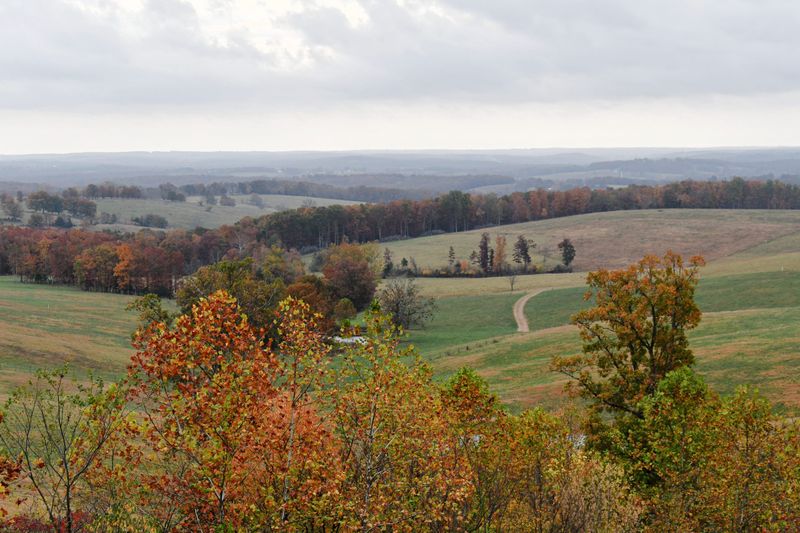
“Over yonder” is a Southern way to describe a location that’s not too far away. Picture a picturesque landscape with rolling hills and an old barn. A friendly farmer might point out “over yonder” to direct you.
This expression paints a vivid mental map, conveying distance with a touch of nostalgia. While it’s not precise, it adds a poetic quality to directions.
In the South, life is more about the journey than the destination. “Over yonder” invites you to take in the scenery, embracing the meandering paths.
5. Madder Than a Wet Hen
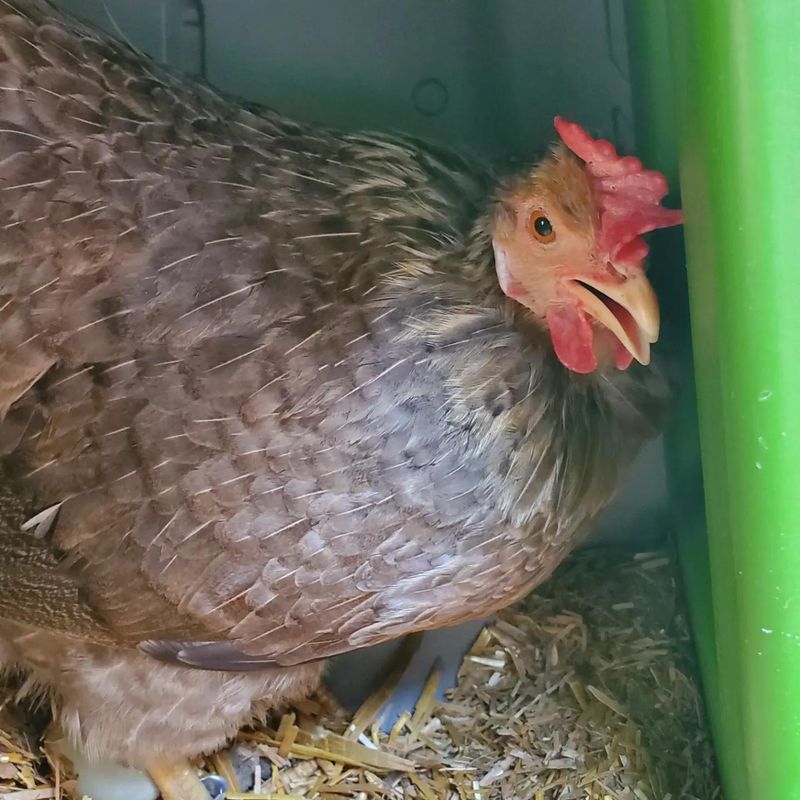
The phrase “madder than a wet hen” evokes an image of comical fury. It describes someone extremely angry, akin to a hen that’s been splashed with water.
A playful expression, it conjures a vivid mental picture perfect for Southern humor. Imagine a hen flapping its wings, clucking indignantly.
This phrase is not just colorful but also a testament to the creativity of Southern speech. It’s used to light-heartedly express frustration, providing an amusing way to talk about anger.
6. Like a Cat on a Hot Tin Roof
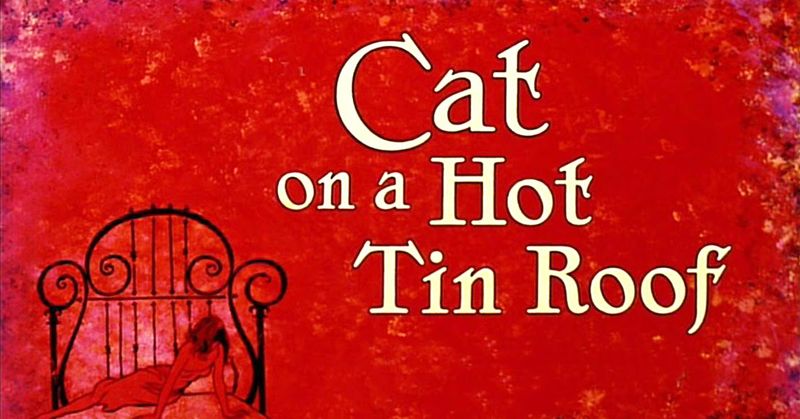
“Like a cat on a hot tin roof” describes someone who’s extremely anxious or restless. Envision a cat, eyes wide with tension, balanced on a steaming tin roof.
This phrase captures the essence of discomfort and urgency, often used to depict someone who can’t sit still. It’s vivid, with an almost cartoonish quality to it.
Rooted in Southern imagery, it beautifully illustrates the feeling of being on edge. The phrase has even inspired a famous play, showcasing its cultural significance.
7. Catawampus

The word “catawampus” refers to something that’s askew or out of alignment. Picture a general store where shelves are tilted, and items are scattered in disarray.
The term embodies a sense of charming imperfection. It’s often used to describe chaos in a way that’s more whimsical than critical.
Southern speech is filled with such playful language, where even disorder has its own quaint term. “Catawampus” adds a touch of character, turning any mishap into a picturesque scene.
8. Well, I Declare

“Well, I declare” is an exclamation of surprise, often used by older generations. Imagine an old gentleman in a straw hat, standing with a look of astonishment in a sunny field.
The phrase reflects Southern manners, adding a touch of formality to expressions of disbelief. It’s gentle yet emphatic, often accompanying unexpected news.
Incorporating such a phrase brings an element of eloquence to everyday speech. It’s a reminder that even surprise can be expressed with dignity and grace.
9. Finer Than Frog Hair

To be “finer than frog hair” is to be exceptionally delicate or fine. Picture a frog on a lily pad, adorned with impossibly thin, hair-like whiskers.
This phrase highlights the Southern love for quirky expressions. It’s used to describe something or someone with exceptional elegance or precision.
Though frog hair doesn’t exist, the exaggeration adds humor. It’s a playful way to compliment someone or something, encapsulating the Southern flair for charming hyperbole.
10. Till the Cows Come Home

“Till the cows come home” refers to waiting for a long time. Envision a pastoral Southern farm where cows meander across fields.
The phrase signifies patience, as cows are known for their unhurried nature. It’s used to convey that something might take an indefinitely long period.
Southerners embrace the slow pace of life, and this phrase mirrors that ethos. It captures the essence of waiting with grace, embracing the passage of time.
11. Can’t Never Could
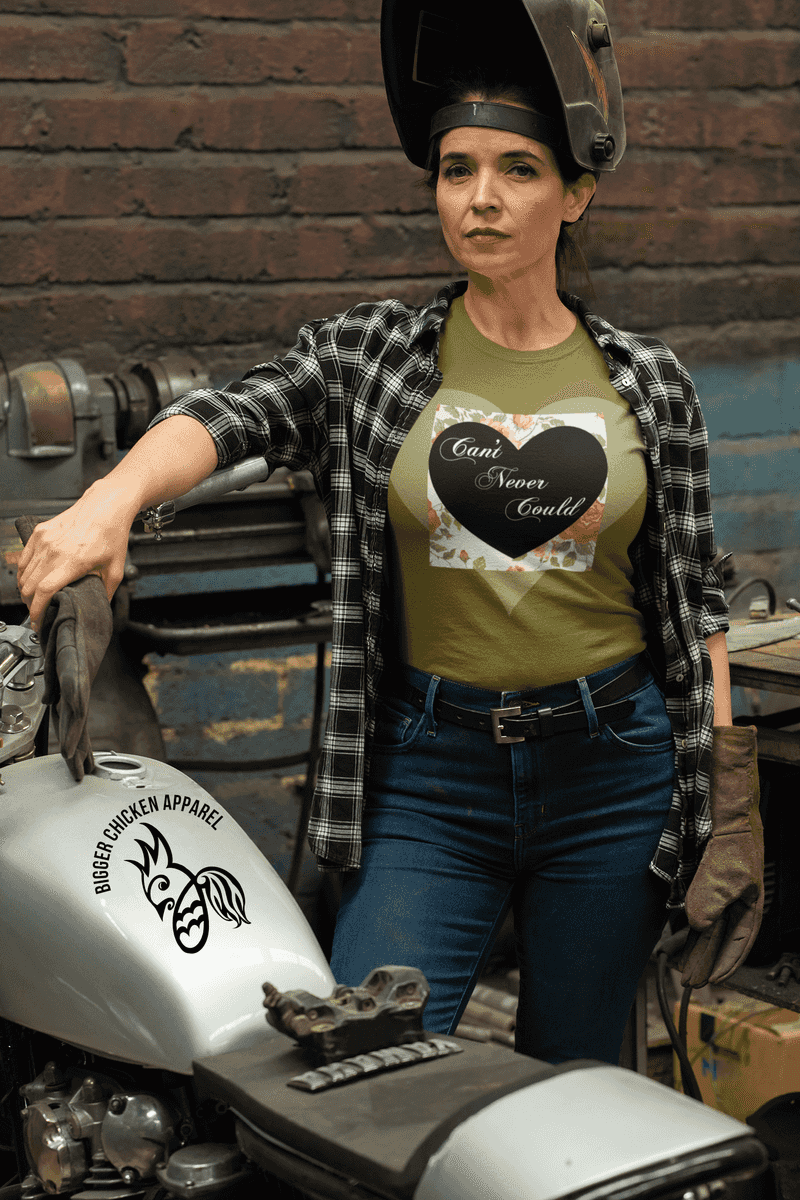
“Can’t never could” is about the power of perseverance. It’s a motivational phrase, urging belief in one’s abilities. Envision a young girl, eyes filled with determination, ready to face a challenge.
This expression embodies the Southern spirit of resilience. It’s used to encourage others to try before declaring defeat.
In the South, it’s a reminder that attitude often determines success. The phrase encourages a can-do mentality, turning obstacles into opportunities.

